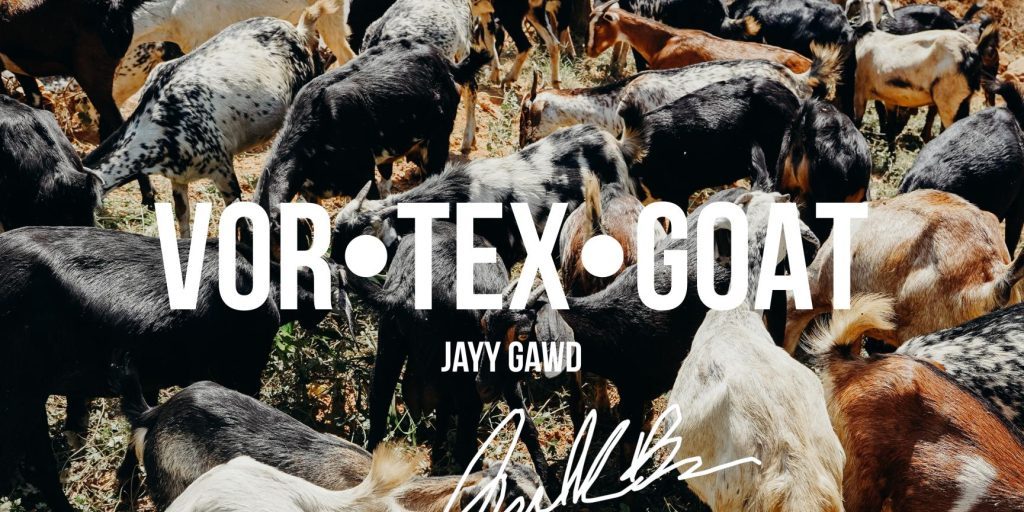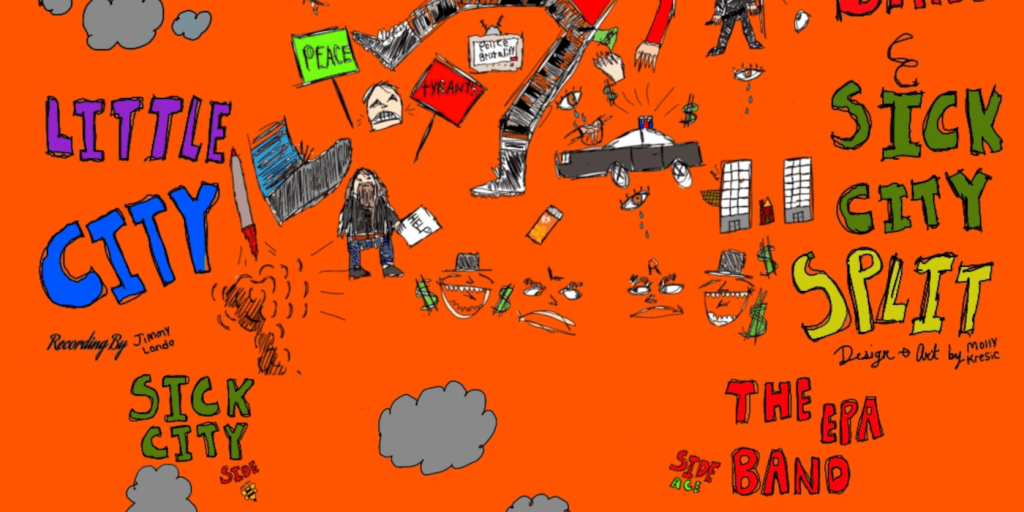Record Deals 101
9 Types of Deals Musicians Need to Know
For most musicians trying to make it in today’s highly-competitive music industry, record deals are the stuff of dreams. Yet, how many people really know what it means to “get signed”?
On its own, the term “record deal” doesn’t really mean anything. It’s merely a catch-all term for any agreement between a label and an artist. In reality, there are many different kinds of deals, and they are certainly not all created equal.
Let’s take a look at 9 types of record deals every artist should know…
#1 Standard Recording Deal
Ironically, the Standard Deal isn’t all that standard anymore. Back when studios were less accessible, these types of deals were far more common than they are today. However, it’s worth mentioning because they’re still used by some A-tier artists, and occasionally in the indie scene.
Standard Recording Deals (SRD) focus primarily on albums and options, but they don’t include marketing or distribution. The idea is that the label receives multiple album options to choose from (and later promote) based on which has the highest chance of success.
Within an SRD, the label provides the artist with a cash advance to create the album. This contract gives the label power over creative decisions such as the number of tracks and albums on a finished project, as well as the exclusive rights to the masters of all songs created under the contract.
#2 Single Record Deal
With streaming and radio as the two most popular forms of music consumption, much of the music industry revolves around singles. A Single Deal is a variation on the standard deal and involves the production and release of a single song.
Think of it as a way for labels to hedge their bets. Labels can test the waters with a potential new artist to gauge the market without investing a large amount of money, such as with a full album campaign. At the same time, Single Deals represent a lower risk for artists who would only be responsible for recouping the costs of one song, as opposed to a full album.
#3 360 Deal
The 360 Deal, or Multi-Rights Deal is one of the most common deals pitched by record labels to potential artists. Within this deal, a label essentially operates at a loss for an extended amount of time, covering expenses such as touring, recording, marketing and more. In exchange, the label receives a percentage of income streams that are typically reserved for the artist, including recordings, merch and tour revenue.
The idea is that if labels help an artist achieve success, they deserve a cut from all resulting income streams. However, revenue isn’t the only thing on the line. Artists who sign 360 Deals also relinquish most (if not all) creative freedom and direction over their art.
#4 Anti-360 Deal
Like you might expect, Anti-360 Deals flip the multi-rights deal on its head. These deals allow artists to maintain artistic control, and keep the revenue generated from multiple income streams – without losing the resources and backing they need. Within this type of deal, labels focus predominantly on promotion and marketing strategy.
If that sounds too good to be true it’s because it sort of is. The issue is that these deals are exceedingly rare and nearly impossible to get as new artists. But even if an artist does manage to secure an Anti-360 Deal, there’s a very good chance that the label will claim other aspects of the contract (such as streaming royalties) at higher percentages.
#5 Distribution Deal
A distribution record deal is an industry term for an agreement in which a record label agrees to distribute the music of an artist for a set period of time. The label controls where and how the songs are sold, and receives a significant percentage of royalties earned.
This type of agreement is typically exclusive, meaning that the artist cannot sign a distribution deal with any other company while under contract. Unlike other types of deals, the artist retains full creative control, as well as their copyrights, and can keep up to 70-80% of the royalties depending on the agreement.
#6 Production Deal
At first glance, Production Deals can be a bit confusing. Technically speaking, they’re not really “deals,” nor do they involve an agreement between artists and record labels. Independent production agreements – AKA production deals – are agreements between production entities (producers, management companies, or music business big shots) and performing artists.
In these types of deals the production entity finances the record and defines the payment terms in the event that the record is distributed. It’s important to understand that the artist doesn’t have the record deal in this case, the production entity does (and sometimes they don’t have one at all). The idea behind this agreement is to help artists produce high-quality records in order to get them in the door of a major record label.
#7 Licensing Deal
Licensing deals are generally for artists with a large catalog of music and proven sales numbers. Under a licensing deal, an artist grants the label the right to use (and earn revenue on) their music publicly in exchange for a flat fee, or percentage of the royalties. This agreement enables artists to maintain ownership while still getting the perks of working with a major label.
For example, a label who offers a 360 deal to a previously unsigned artist with substantial sales will want to ensure the successful release of new music. To do that, they’ll typically want to control previous albums or remove them from the market completely. A licensing deal covering previous work can help ensure maximum revenue from the new music. In this case, the artist can retain the rights to their previous works and prevent the label from having control of the copyright.
#8 EP Deal
Think of an EP deal as a short-term contract. Under this deal, a record label provides an advance in exchange for a set number of recordings over a period of time. The future royalties of these recordings (EPs, albums, or singles) are used to recoup the investment.
EP deals are also a way for labels to test the market with little to no downside. One reason why is that the label will not have to put up a significant advance. Additionally, under an EP deal, neither party can disclose that they are working together. The idea is that if the song/EP/album tanks, the label won’t take a large hit to its finances or reputation.
On the other hand, if the project is successful the label can proclaim that they have signed the artist. To the public, this appears as though the label had the best offer compared to competitors once an artist reaches mainstream popularity. Sneaky.
#9 50/50 Deal (Profit Split Deal)
A 50/50 deal, or Profit-Split deal, is where the artist and the label share profits from recordings equally. This typically does not include revenue from touring or merchandise sales, which go solely to the artist.
One major difference between split profit deals and traditional deals (aside from the equal share of royalties) is that they enable the label to recoup its investment on all costs. This includes the small advance paid to the artist, as well as recording, marketing, and other expenses the artist incurs.
As you can imagine, these types of deals are quite rare. Labels typically only offer 50/50 deals to A-list artists with a large following, or when multiple major labels are bidding for a deal. However, these deals are more common with independent labels who may not have the resources to pay a large upfront advance.
The Big Picture
As an artist, getting a record deal from a label can seem like your golden ticket to the top. But if you don’t know what you’re signing, you might find that your golden ticket is really a pair of golden handcuffs.
The good news is that record deals aren’t the only way for musicians to make money. Today there are more opportunities for independent artists to succeed in the industry without the need for a record deal.
At NEWM, we’re dedicated to creating a fair music ecosystem where artists don’t have to choose between owning their rights and success. Find out more about what we’re building – and how you can be a part of the NEWMusic Movement – here.
Stay informed
To get all our amazing stories and know more about Crypto, Music and projectNEWM overall, make sure you register for our NEWMag newsletter!



